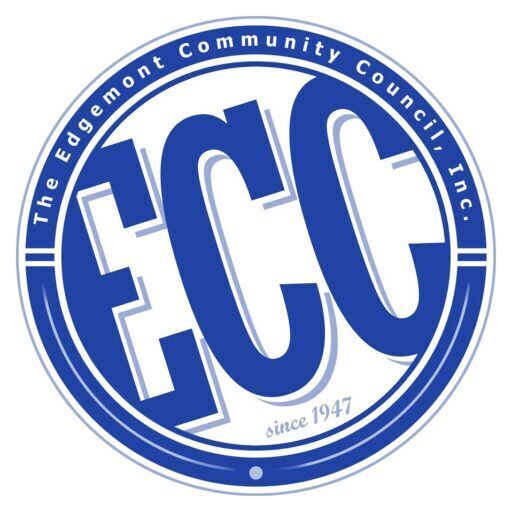Even though it gets relatively little coverage by local media, Greenburgh’s government still feels it needs to go to great lengths to control the flow of information about town affairs.
Thus, despite a 2008 opinion from the New York State Committee on Open Government that says disclosure of a town’s list of email addresses would not result in an unwarranted invasion of any individual’s personal privacy, and a November 2014 State Supreme court order against the Town ordering such disclosure, Greenburgh still refuses to do so.
Even in Yorktown, in northern Westchester, the list of email addresses has been disclosed, with the executive chairman of the state committee on open government being quoted this week that it was no big deal. People receive unwanted emails every day. If they don’t want to read them, they can easily delete them.
But in Greenburgh, it still is a big deal. In November 2014, Justice Barry Warhit of the New York State Supreme Court overturned a refusal by town officials to allow Dorrine Livson, the president of the Worthington-Woodlands Civic Association to have access to the Town’s “gblist.”
Ms. Livson had asked the Town for the list in order to respond to emails sent to subscribers of the list by Town Supervisor Paul J. Feiner in favor of rezoning the Dobbs Ferry Road corridor to allow for commercial development there, which Ms. Livson and her civic group opposes.
Ms. Livson originally made the request for the list in the spring of 2014, enclosing a copy of the 2008 opinion from the State Committee on Open Government that said lists of email addresses gathered by a municipality from persons interested in receiving news and information about the municipality were not exempt under New York’s Freedom of Information Law and should be disclosed.
Town clerk Judith Beville, the Town’s records access officer, denied the request, which Ms. Livson appealed.
The Town Board then conducted a four-minute public hearing on the appeal, which was led by Town Attorney Tim Lewis, in which he said his “office” disagreed with the state committee on open government’s opinion, declared New York courts would not follow it, and said Town policy was to “litigate” before it would turn over the list to anyone, including Ms. Livson.
Even though state law required that he do so, Mr. Lewis did not present any evidence to show disclosure of the list would be an unwarranted invasion of personal privacy. Instead, he said he was relying on “case law” – the citations to which he did not have available, but which he supplied to Ms. Livson the following day.
All town board members were present for the so-called “hearing” – including Mr. Feiner himself – and none objected to what Mr. Lewis said or did.
Justice Warhit held that the two cases the Town relied upon – they were both from a lower court in Albany – were not on point and not controlling in any event, and that the Town’s failure before litigation was filed to come forward with any evidence to substantiate its claim that disclosure would be an invasion of privacy was fatal to its defense.
Undeterred, the Town appealed which meant that, instead of complying with the order and letting Ms. Livson make her case to the subscribers of the Town’s gblist, the court’s ruling was automatically stayed pending disposition of the appeal.
The Town sought an extension and finally filed its appeal papers in July; answering papers are due next week.
Under the state’s Freedom of Information Law, municipal records may be exempt from disclosure if they are being used for purposes of solicitation or fundraising. It is undisputed that Ms. Livson is not seeking the gblist for either purpose.
In 2011, three years after the state committee on open government said it was okay to disclose a list of email addresses solicited by a town for use in distributing news and information, the State Legislature amended the Freedom of Information Law to bar the disclosure of such lists of email addresses only when solicited by a town as part of a real property tax collection program. Greenburgh does not collect email addresses for that purpose.
Ms. Livson is being represented on the appeal pro bono by Bob Bernstein, the president of the Edgemont Community Council. At its regular monthly meeting last Monday, the ECC said it would consider funding up to $500 of the costs of the appeal.
Mr. Bernstein said that he believes the Town’s appeal is frivolous and intends to seek an award of fees and costs.
